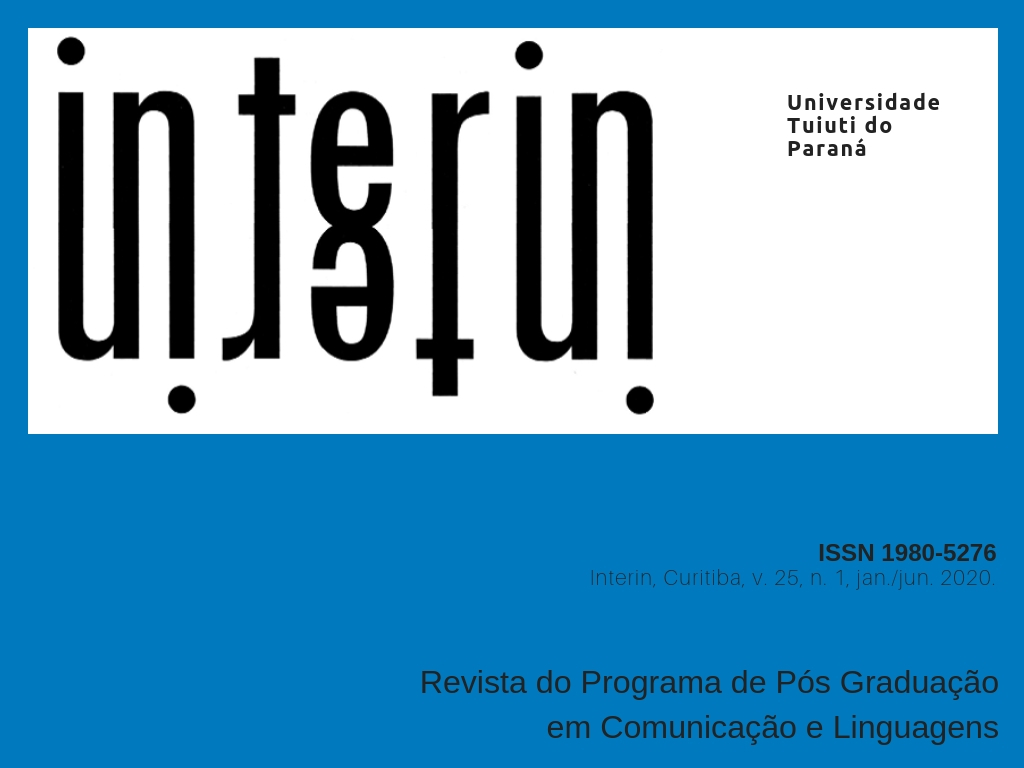Biopolitical Frames of Impoverished Women in Journalistic Photography about the Bolsa-Família Program
Resumo
In this article we argue, with Foucault, Fassin and Butler, that there is a particular modality of government of collective bodies: the biopolitical framing of impoverished citizens and groups in the context of the implementation of social politics. The corpus of the research features a total of 120 images related to the Bolsa-Família Program, published between 2003 and 2015 in newspapers such as Folha de S. Paulo, Estado de S. Paulo and O Globo. The paper investigates the political and ethical dimensions of these images in order to show how the biopolitical and neoliberal government of collective bodies involves the production of narratives, arguments and discourses that trace distinctions between ways of life considered as dignified and those widely perceived as despicable. The biopolitical framing is a technique of government or governmentality that formats the scenes of appearance, preparing them to define exemplary citizens and groups, considered as a parameter, whose project and vulnerable way of life are seen as an antithesis of deviation and of existences morally judged as unworthy of consideration and appreciation.
Copyright (c) 2019 INTERIN

This work is licensed under a Creative Commons Attribution-NonCommercial-ShareAlike 4.0 International License. Cedo à revista Interin os direitos autorais de publicação de meu artigo e consultarei o editor científico da revista caso queira republicá-lo depois em livro. O trabalho publicado é considerado colaboração e, portanto, o autor não receberá qualquer remuneração para tal, bem como nada lhe será cobrado em troca para a publicação. Os textos são de responsabilidade de seus autores. Citações e transcrições são permitidas mediante menção às fontes.


